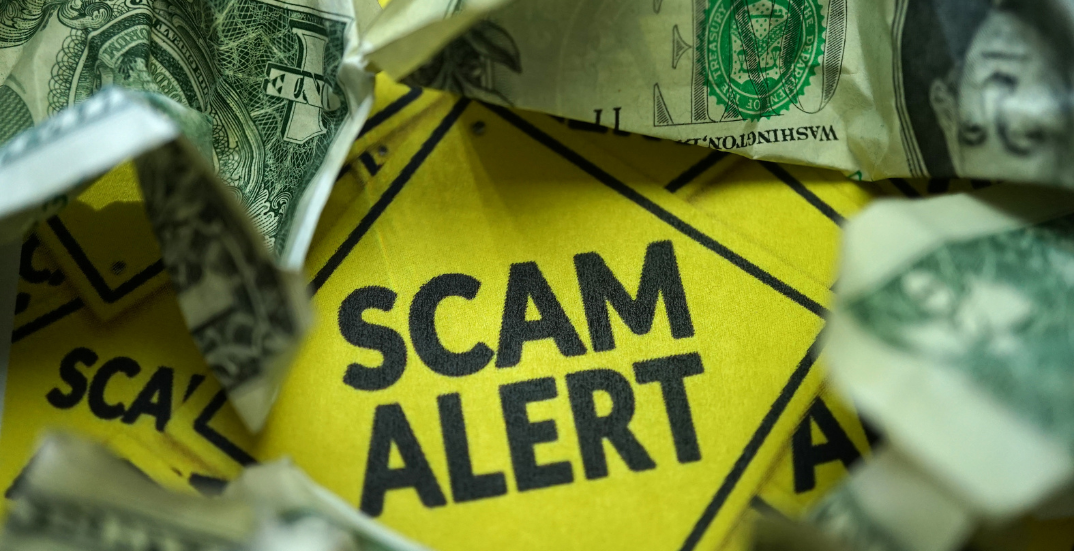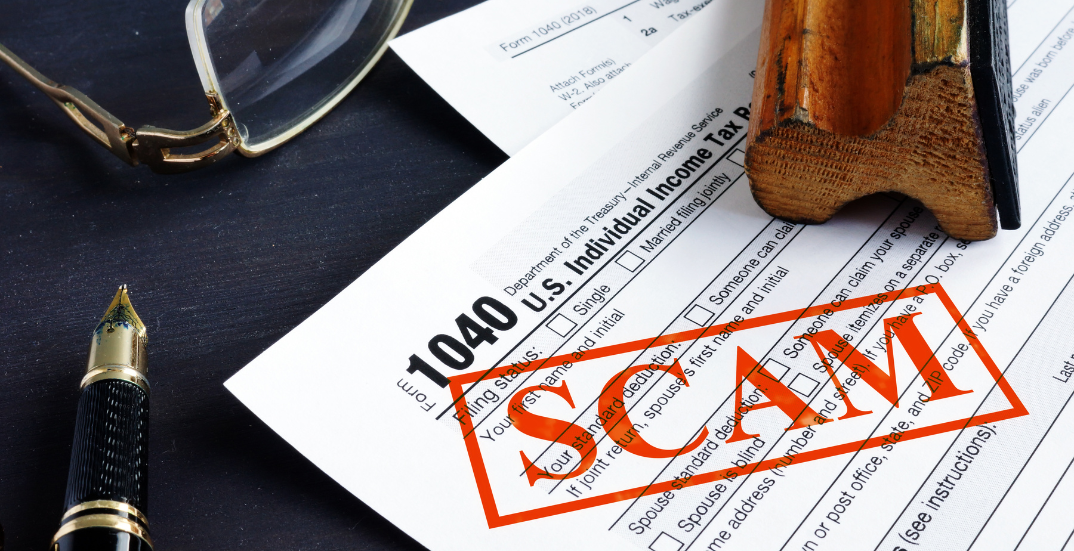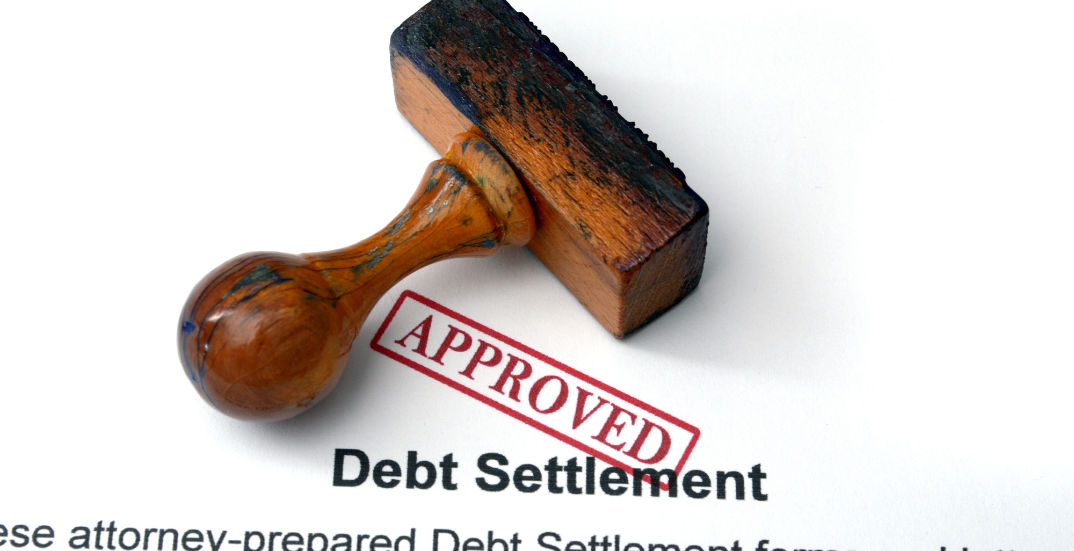





Partner/Owner at Debt Advisors Law Offices
Practice Areas: Chapter 7 Bankruptcy, Chapter 13 Bankruptcy, Stop Foreclosure

Debt relief scams prey on vulnerable individuals, promising to reduce debt or repair credit. Let our team of experienced debt relief advisors expose scammers’ tactics and explain why seeking legal advice is crucial.
| Scam Warning Signs | How to Avoid Scams |
| Unsolicited offers | Check for reviews and information |
| High upfront costs | Beware of further credit damage |
| Bold promises | Consider debt consolidation |
| Advice to stop communicating with creditors | Evaluate debt relief options |
| Government program claims | Weigh potential risks |
| Debt Relief Options | Pros | Cons |
| Debt Settlement | – Potential for reduced debt | – May negatively impact credit |
| – Negotiation with creditors | – Requires upfront fees | |
| Debt Consolidation | – Streamlined debt repayment | – Doesn’t reduce the overall debt amount |
| – Potential for lower interest | – May require a good credit score | |
| Credit Counseling | – Financial Education | – Doesn’t reduce debt |
| – Debt management plan | – May affect credit temporarily | |
| Bankruptcy | – Immediate debt relief | – Long-lasting impact on credit |
| – Legal protection | – Public record |
Q: What are common signs of debt relief scams?
A: Beware of unsolicited offers, high upfront costs, bold promises, and claims of government programs, all of which are common signs of debt relief scams. Review debt relief options carefully with a knowledgeable debt advisor.
Q: How can I avoid being scammed and manage debt safely?
A: To avoid falling for debt relief scams that prey on people looking to manage their debt, research debt relief organizations, consider alternatives like debt consolidation, and be aware of potential credit risks and legal consequences.
Debt relief service scams prey on people who have significant credit card debt.
There are legitimate services available to help people manage their debt. However, scammers achieve financial gain by pretending to arrange a settlement or reduce repayment requirements with their creditors. In a debt relief scam, only the scammer benefits, while the individual trying to manage their debt has an even worse financial situation.

These businesses frequently demand a hefty upfront payment from financially challenged clients. But they seldom provide meaningful assistance in debt settlement or reduction, if they offer any assistance at all.
Unsolicited offers to settle one’s debt often constitute debt relief scams. Through automated “robocalls,” debt relief scammers market their services even to those on the Do-Not-Call List.
There are different kinds of debt relief scams, such as auto loan modification and credit repair scams. Scammers who offer to modify auto loans claim to be able to lower borrowers’ monthly lease or loan payments to prevent repossession of the vehicle.
Scams that promise to restore or repair credit target borrowers with poor credit scores or other problems. These services deceive people into paying high fees to remove information that negatively affects one’s credit from their credit reports.
Debt relief and credit repair scams are predatory and illegal. In fact, the Federal Trade Commission (FTC), which is charged with protecting American consumers, has filed several law enforcement actions against businesses that engage in these scams.
A representative of a debt relief scam company may even assert that they can remove any unfavorable material from a consumer’s credit record for a fee. These fees are often charged upfront and can be astronomically high.
Despite the efforts of the FTC and state government agencies, debt relief scams remain common. Consumers must be alert to the risks these scams pose when exploring options for managing their debt, especially when encountering unsolicited debt settlement offers.
A debt relief scam usually starts when an unscrupulous person or company contacts a consumer and promises to lower or settle their debt.
In most debt settlement scams, the predatory company convinces the consumer they’re supposedly helping to pay for assistance upfront.
Unfortunately, once this scammer receives the consumer’s payment, they’ve gotten what they wanted, leaving the consumer in even worse financial shape.
The money the consumer paid the scammer could have been better spent paying down their debt. Further, the company’s advice to stop communicating with creditors and the missed payment deadlines that result may have a long-term negative impact on one’s credit score.
Consumers shouldn’t fool themselves into thinking they’re too clever to fall for a scam. People and companies posing as debt settlement organizations can be very convincing, especially when their promises are exactly what consumers struggling with debt want to hear.
Know the warning signs of a debt relief scam, including:

Consumers need to research any offer for debt relief help to determine if it’s legitimate. Consumers should look critically at the information they find about an individual or organization that offers to settle their debt and not dismiss potential warning signs that indicate a scam.
If consumers encounter unfavorable reviews or scant information while researching a debt relief offer, they should look elsewhere. Reputable debt management services, like licensed bankruptcy attorneys offering non-bankruptcy services like debt settlement and credit counseling, can help.
Scams aren’t the only risks of debt settlement. Even when consumers work with a respectable debt settlement business, a positive outcome isn’t guaranteed.
The process of debt settlement may take years. Withholding payments to creditors during the potentially lengthy process of negotiating a debt settlement can result in missed payments. Late fees, interest charges, and other additional expenses can result.
A consumer’s credit may suffer due to the credit bureaus reporting these payments as late.
Even if their debt is reduced somewhat, the consumer may face further damage to their credit and legal actions. The litigation and charge-offs part of the debt settlement procedure may further reduce a consumer’s credit rating.
Given the potential adverse effects of even a successful debt settlement handled by a legitimate firm, consumers must consider all debt relief options before pursuing a settlement.
Debt consolidation might be a less risky option for consumers whose credit is still strong despite their debt. A balance transfer credit card often allows consumers to avoid paying excessive interest on their transferred credit card debt during an interest-free promotional period that can last a year or longer.
Suppose the consumer can pay off or at least pay down the balance before the promotional period ends and the standard annual percentage rate kicks in. In that case, they can save money and make considerable progress in getting out of debt.
Under the law, consumers have a range of options they can use to deal with unmanageable debt. To help navigate their debt relief options, they can turn to licensed bankruptcy attorneys like the experienced Debt Advisors Law Offices team.
We help consumers understand their rights and assess the legitimacy of offers, all while providing the one-on-one attention that will help them make informed decisions to protect their financial future.

Choose debt relief assistance services wisely. Debt relief scams prey on financial vulnerability, but recognizing the warning signs, seeking legal counsel, and considering alternatives to debt settlement can safeguard consumers’ financial well-being.
If you need expert guidance or have questions about debt relief and avoiding scams, contact Debt Advisors by phone or email. Our experienced team is here to assist you.

Learn about bankruptcy protections, types of bankruptcy, how to get started, what to expect, and who to trust. Filing bankruptcy is the ONLY way to completely eliminate debt. If bankruptcy is right for you, it offers powerful protections that cannot be achieved through alternative solutions such as hardship relief, loans, or debt settlement.